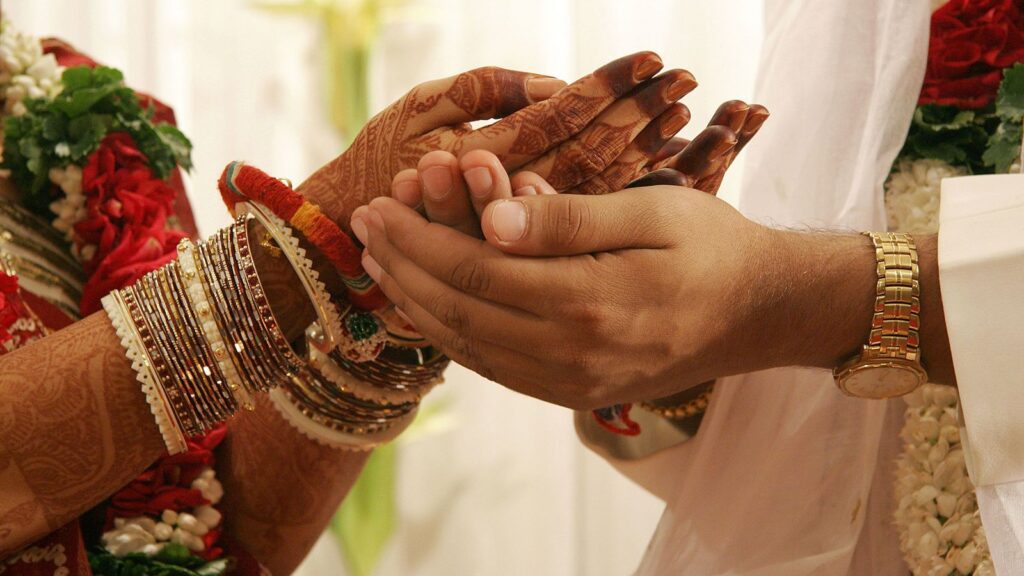
Common Reasons Why Marriages Fail and How to Avoid Them
Every couple hopes for a happy and lasting marriage, but sometimes problems arise when issues are left unaddressed. While not all marriages end in failure, various factors can lead to a relationship breaking down.
Here are 10 common reasons why some marriages don’t work out:
1. Unrealistic Expectations
A lot of marital problems begin when one or both partners have unrealistic or overly romantic expectations about marriage. Disappointment can follow when those expectations aren’t met. It’s important to talk openly about what each person expects from the marriage to avoid dissatisfaction.
2. Infidelity
Cheating can seriously damage the trust between partners. While some couples can recover from infidelity, the trust that’s lost can often lead to divorce.
3. Financial Issues
Money problems, especially accumulating debt, can put a strain on a marriage. If one partner spends irresponsibly or if there are unspoken financial issues, it can cause resentment. It’s essential to have honest discussions about finances, especially if planning big purchases like a house.
4. Lack of Commitment
Marriage requires deep commitment. If one partner isn’t fully committed, it can lead to emotional distance or even infidelity. Some may feel “trapped” or unsure about their relationship, which can damage the bond.
5. Stress
Daily life stresses, like work pressures or family issues, can make couples neglect each other. While stress is normal, it’s important to keep nurturing the relationship during tough times.
6. Not Enough Preparation
Entering marriage without proper preparation can make it hard to live together. Couples may struggle with household chores, finances, or routines. This lack of preparation can cause frustration and tension.
7. Unequal Distribution of Household Responsibilities
When one partner takes on too many household tasks or childcare duties, it can lead to resentment. Both partners should share responsibilities to avoid feelings of unfairness or frustration.
8. Marrying Young
Studies show that marrying before the age of 20 increases the chance of divorce within the first five years. Young people often change as they grow older, and their views on relationships can shift, leading them to realize that they may not have been fully compatible with their partner when they married.
9. Inequality
Signs of inequality, like double standards or one partner controlling decisions, can lead to an unhealthy marriage. If one partner dominates or a person feels confined to gender roles, it can create serious relationship issues.
10. Domestic Violence
Domestic violence involves abusive behaviors, not just physical violence, but also emotional manipulation, threats, and controlling actions. Any form of abuse in a marriage is a serious problem and often leads to separation.
In a healthy marriage, both partners need to communicate openly, share responsibilities, and support each other to avoid these challenges.








